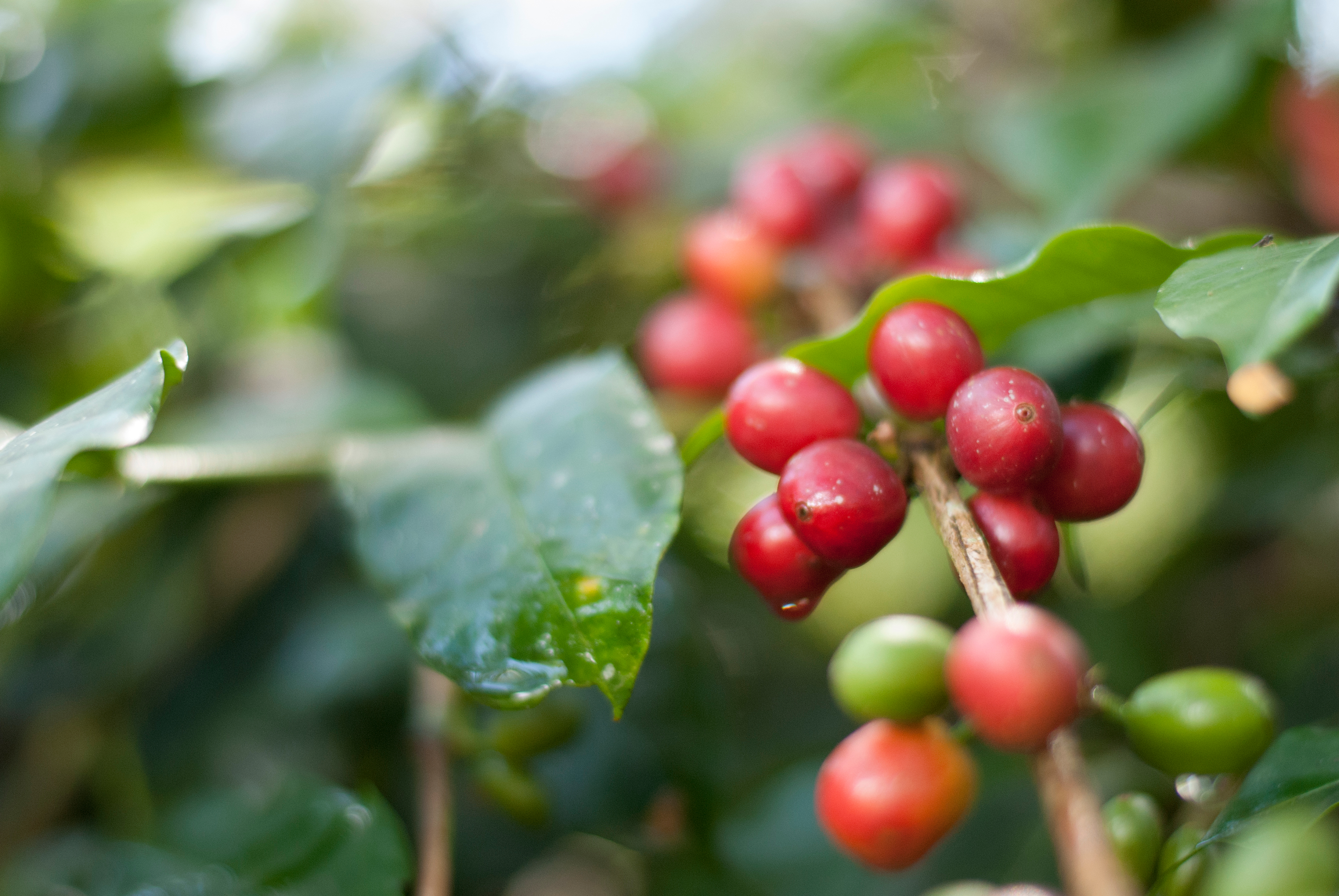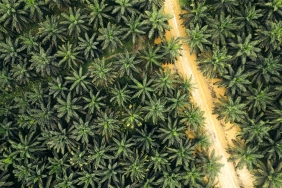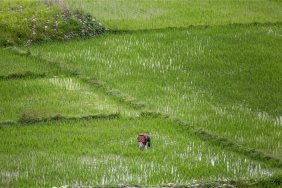EIGHT CONSERVATION AREA ORGANIC PRODUCTS "GO PUBLIC"
By: Masayu Yulien Vinanda
Jakarta (29/07)-Marking the launch of the Green and Fair Products campaign, WWF-Indonesia introduced eight organic products produced by communities around conservation areas, Thursday (29/07), at Balai Sarwono, South Jakarta. The eight Green and Fair Products are not only environmentally friendly and natural but also champion the values of justice for the producer community.
The products are robusta coffee "Kuyungarang" from Bukit Barisan Selatan National Park in Lampung, forest honey from Tesso Nilo National Park, Riau, eucalyptus oil "Walabi" from Wasur National Park in Merauke, Adan rice "Tana Tam" from the highlands of Borneo, forest honey "Gunung Mutis" (NTT), rhino statue handicrafts from around Ujung Kulon National Park, Aloe vera processed products from Sebangau National Park, and "Manik Banuaka" handicrafts from Betung Kerihun National Park in West Kalimantan. Again, the eight products are environmentally friendly and natural.
In accordance with the tagline of the Green and Fair Products campaign, namely "wise choices for nature and people," through this activity WWF invites urban communities to start choosing products that are environmentally friendly, natural, and have fair values (fairly marketed with transparent pricing and providing more benefits to producer communities). "This campaign wants to provide knowledge to the urban community to start choosing products that are environmentally friendly, natural, and have fair values (marketed fairly with transparent pricing and providing more benefits to producer communities).
"This campaign wants to provide knowledge to the public that there are a number of products produced by local farmers and craftsmen around conservation areas, all of which are produced by prioritizing sustainable principles that do not damage the environment, justice, there is a fair sharing of benefits, and using ingredients that are native to nature," explained WWF Indonesia's Director of Policy and Empowerment Nazir Foead.
These products are actually the result of processing natural potential that has been done for generations. But before the Green and Fair Products initiative, the community only produced for their needs.
"Of course, we look at the potential. What products are superior and unique. Then WWF seeks to improve the skills of local communities through trainings, we also help in designing so that it can be more accepted by the market, then we also carry out quality control, so that the production process is in accordance with the rules of green and fair that have been agreed upon. WWF also helps to contact the market, connect producers directly with the market, and ensure that the price obtained by producers is a fair price," Nazir added.
While the Chairman of Tana Tam Cooperative, Darius Khamis, who produces ""Tana Tam"" adan rice from the Borneo Highlands, said that the adan rice producers in his area have been practicing organic farming patterns for generations since their ancestors until now, which is free from chemicals. "This adan rice is managed in an organic way.
"Adan rice is managed naturally. Starting from the land clearing process, then land processing, seed selection, seedling sowing and then the planting process, post-harvest treatment, storage in barns, milling process to packing ready to sell we do it in a natural way, not using chemicals or chemical pesticides. Another advantage of this rice is that it has a higher protein and low fat content, and for brown rice, the vitamin B2 content is also very high," Darius explained. Part of an effort to recognize the benefits of brown rice, Darius said that the rice has a high protein content.
As part of the effort to recognize the identity of the product and its producer, WWF also helped facilitate the process of obtaining Intellectual Property Rights (HAKI) recognition since 2007. And in early 2010, the ""Tana Tam"" adan rice has been recognized by the Director General of Intellectual Property Rights under the rice trademark ""Adan Tana Tam.""
Meanwhile, another product, forest honey from Tesso Nilo National Park, is also produced in a sustainable and fair manner. Communities around Tesso Nilo National Park have local wisdom in protecting sialang trees (trees where bees nest) in accordance with customary law.
"Indeed, since a long time ago, there is a customary law that protects the sialang tree. And now the regulation has been adopted by the village government through Perdes and has also been made into a Regent's regulation," explained Ical, Chairman of the Tesso Nilo Forest Honey Farmers Association. In addition to the exhibition of eight products, the event was also held at the Tesso Nilo Forest Honey Farmers Association.
In addition to the exhibition of eight products, the launch of the Green and Fair Products campaign was also enlivened with a talkshow "Change Our Consumption Style," which presented the Chairperson of the Women's Alliance for Sustainable Development (APPB), Dewi Motik Pramono, activist of the Alliance of Indonesian Organists (AOI), Bibong Wdyarti, and Director of Marketing and Communication of WWF-Indonesia, Devy Suradji.
For the time being, the eight featured Green and Fair products can only be obtained by contacting the producer community groups directly or through the various Green and Fair Products campaign activities that will be conducted throughout 2010.





